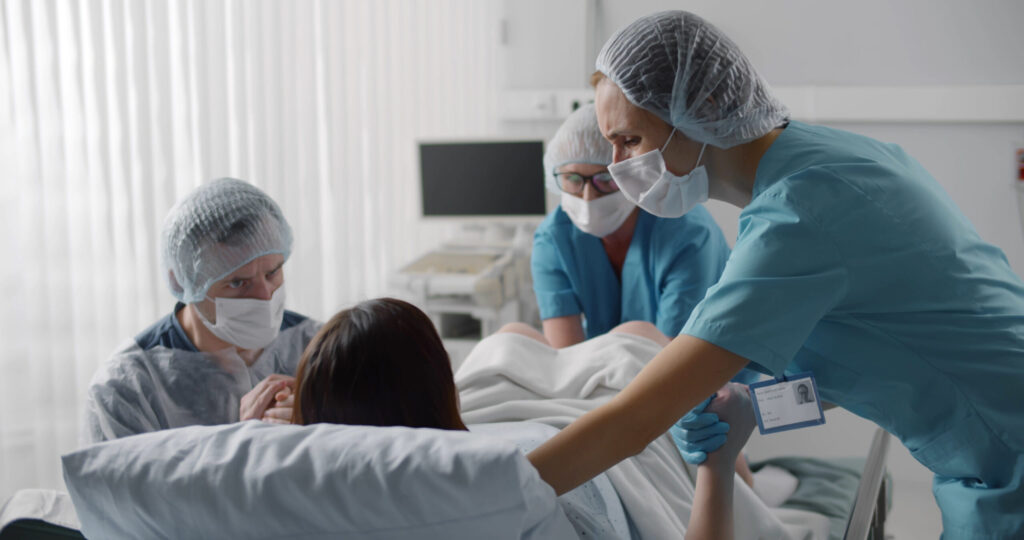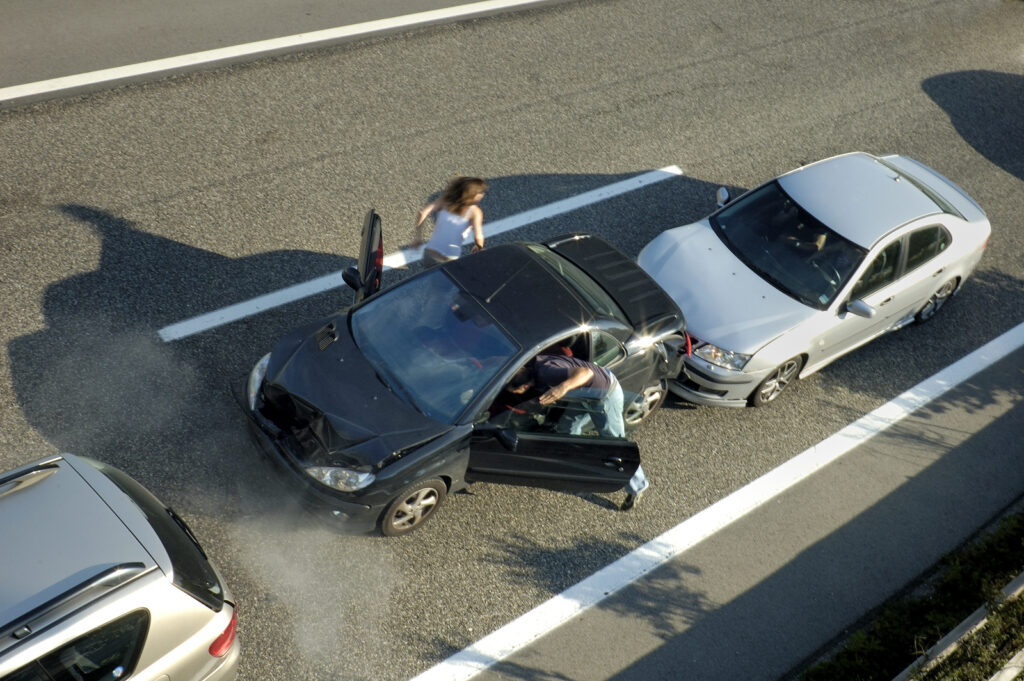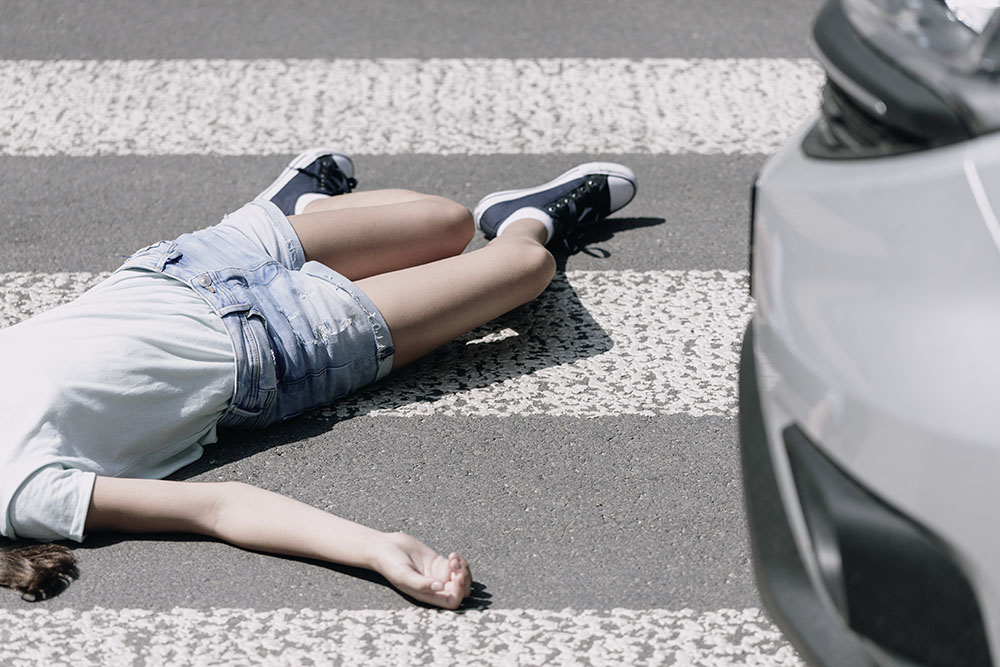A motorcycle crash can have devastating consequences. In New York, the surrounding legal landscape becomes even more complex when alcohol use by either party is a factor in the accident. After a motorcycle accident involving alcohol use, it is essential to understand how the law addresses these cases.
How Alcohol Use Affects Liability for Motorcycle Accidents in New York
Determining liability is essential in every personal injury claim. It requires careful investigation and becomes more complicated when alcohol enters the equation. New York follows a pure comparative negligence system. Under Civil Practice Law & Rules Section 1411, an injured party partially at fault for the accident may recover damages. The amount of compensation will be reduced in proportion to that party’s share of the fault.
Alcohol use impacts how fault is assigned. For example, a motorcyclist who was slightly over the legal limit for blood alcohol concentration (BAC) at the time of a crash may be found 30% at fault, thereby reducing their recovery by the same percentage. However, if the other driver operated a vehicle under the influence of alcohol, which contributed to the crash, it could strengthen the motorcyclist’s claim.
When a Motorcyclist Has Consumed Alcohol
Even parties found to be partially at fault can seek compensation for accidents under New York law. If you consumed alcohol before a motorcycle accident occurred, your case is not automatically doomed, although insurance companies and their attorneys will try to use it against you. You will need to demonstrate that your alcohol consumption did not directly cause the accident. You will also need to show that the other party’s actions were the primary cause of the collision, and that impairment did not negate the validity of your claim. For example, if you were struck by a driver running a red light, that serious violation of traffic laws may outweigh the impact of your alcohol consumption.
When the Other Driver Was Alcohol Impaired
If the other driver was intoxicated, it can significantly strengthen an injured rider’s claim. New York imposes strict penalties for DUI. Proving the other driver’s impairment can establish clear liability for the crash. Speeding, swerving, or failing to yield, and other drunk driving behavior can serve as compelling evidence of negligent driving. If the other driver’s BAC exceeds the legal limit, it can open the door to pursuing punitive damages. These damages are designed to punish the defendant and deter others from similar conduct. Courts may award punitive damages, in addition to compensatory damages, when a driver’s intoxication demonstrates a blatant disregard for the safety of others.
The Role of New York Dram Shop Laws
Dram shop laws add another layer of complexity to motorcycle accident cases involving alcohol. The Alcoholic Beverage Control Law Section 65 prohibits the sale of alcohol to minors or visibly intoxicated persons. The General Obligations Law Section 11-101 allows an injured party to bring a claim against a business establishment or individual that unlawfully sold or provided alcohol to the person who caused the injury or damage due to driving intoxicated. If a bar, restaurant, or other venue overserved a driver who subsequently collided with a motorcyclist, the business establishment may share liability for the resulting damages. To prevail in a dram shop claim, you must prove the establishment served alcohol irresponsibly. This type of claim may be pursued along with a personal injury claim against a drunk driver.
Insurance Company Involvement
Insurance companies play a pivotal role in motorcycle accident claims. When alcohol use is a factor, their involvement typically becomes more aggressive. Even when alcohol has little or no bearing on an accident, insurance adjusters will use it to dispute liability. If a motorcyclist had a drink earlier in the day but was not impaired during the crash, the insurance company will still try to paint the rider as negligent. It is essential to have a skilled motorcycle accident lawyer who knows how to counter these tactics.
How to Build a Strong Case
Motorcycle accidents can cause severe injuries requiring extensive medical treatment and time away from work, making it essential to seek compensation from the responsible party. Taking the following steps after a motorcycle accident involving alcohol can maximize your chances of a successful claim:
- Get medical attention: Your health is the top priority, and medical records are vital evidence in your case.
- Document the accident scene: Take pictures of the scene, vehicle damage, road conditions, and visible injuries.
- Call the police: Law enforcement called to the scene can document the accident and administer sobriety tests as needed.
- Get witness information: Collect contact information from any eyewitnesses to the crash. Witness statements can serve as corroborating evidence.
- Consult an experienced attorney: A skilled personal injury lawyer can guide you through the complexities of a motorcycle accident claim involving alcohol, advocate for your rights, and help you pursue the compensation you deserve.
At The Rizzuto Law Firm, we have represented many motorcycle accident victims. Our team of seasoned Long Island personal injury attorneys can custom tailor a strategy specifically for your case. We are aggressive and compassionate legal advocates with a history of success for our clients. Contact us at 516-604-5496 for skilled legal representation after a New York motorcycle accident involving alcohol use.









